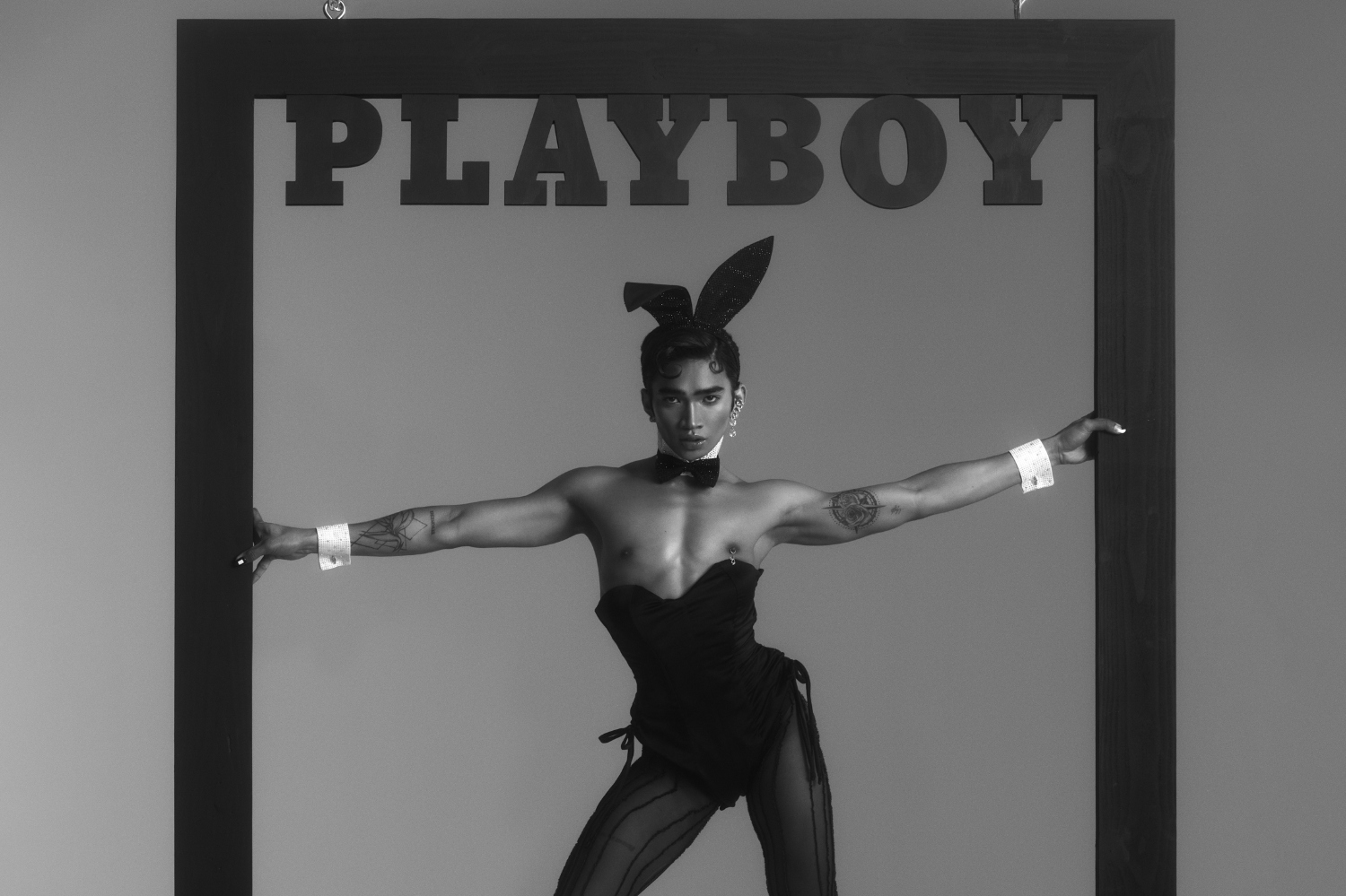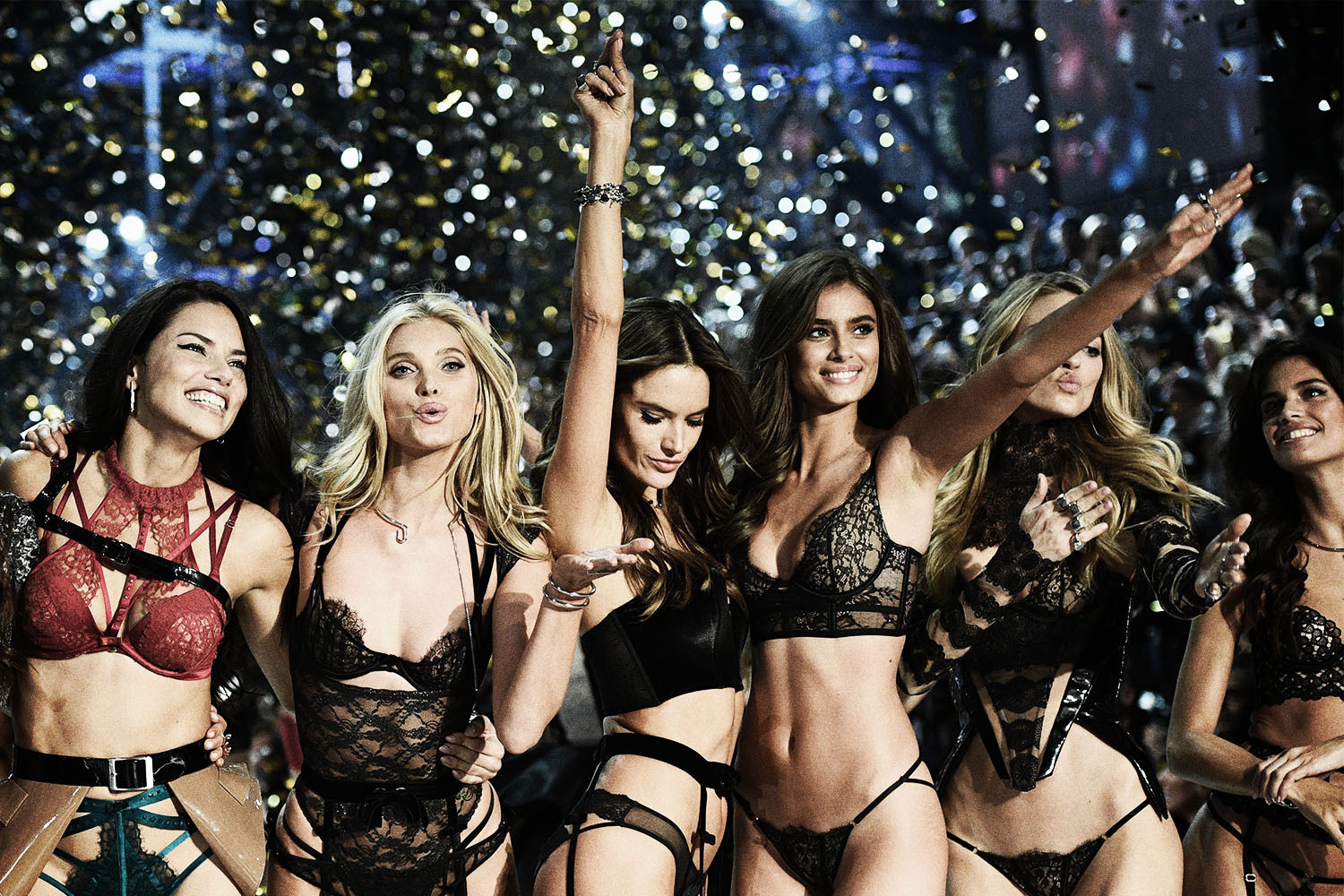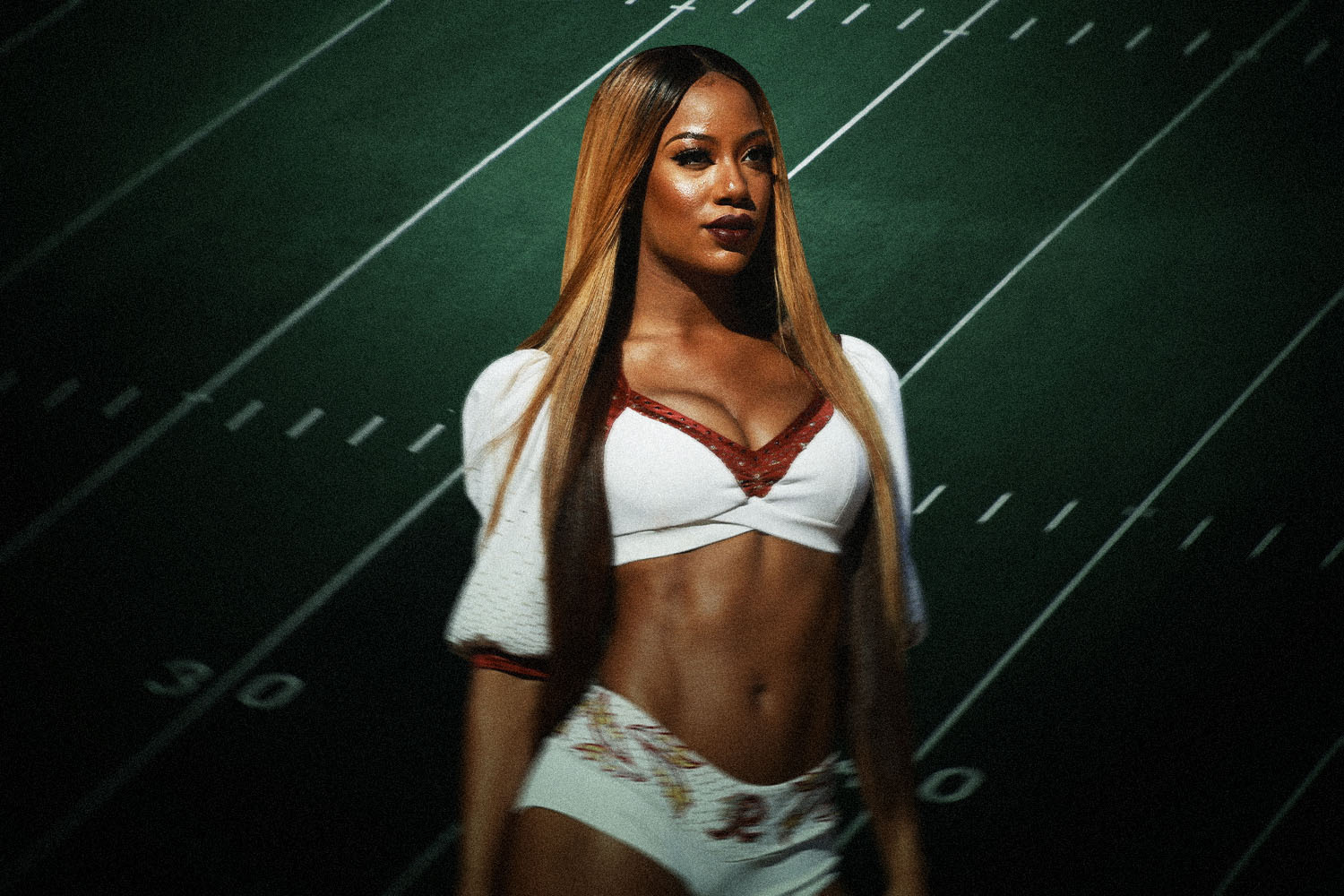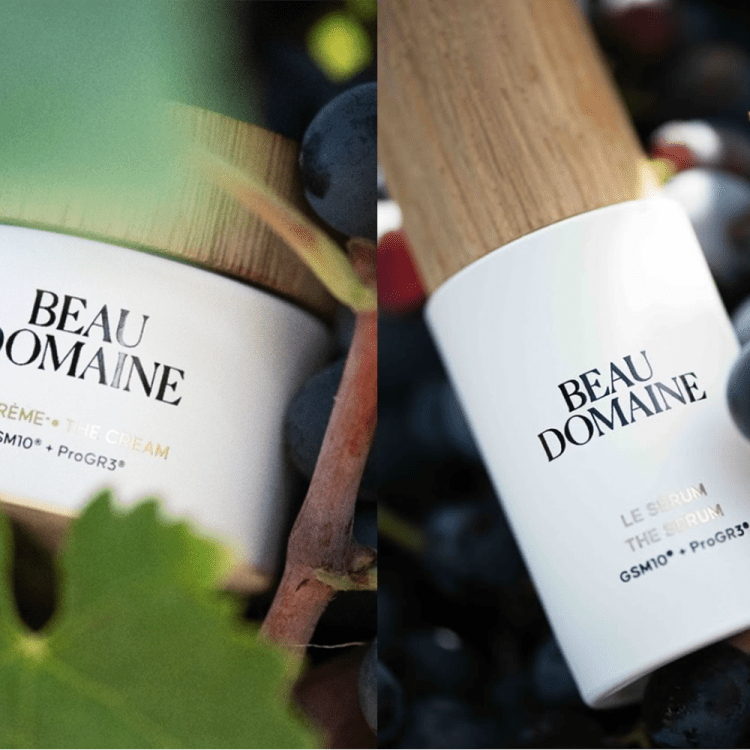The 2021 edition of the iconic Sports Illustrated swimsuit issue and its accompanying bikini runway show broke quite a few barriers when the magazine hit newsstands in July. Helmed and edited by longtime SI Swim editor-in-chief MJ Day, the issue was so striking, in fact, that I physically took myself on a walk to go pick up a copy — the first time I’ve ever spent my hard-earned money on a magazine filled with women rocking string bikinis like sandy beach sirens.
The glossy pages featured the issue’s first Black and Asian transgender model (Leyna Bloom), its oldest model to date (57-year-old Kathy Jacob), the first female rapper as a cover model (Megan Thee Stallion) and the first Black athlete cover model (tennis superstar Naomi Osaka). Yumi Nu, a Japanese-Dutch model and singer, also made her Sports Illustrated debut as the first Asian curve model. The magazine appeared to make similar strides in representation when it announced the finalists for the 2021 annual Swim Search competition, which seeks to spotlight up-and-coming swimsuit model talent while empowering women of all ages and races to embrace their bodies as beautiful. Among the names on the list were a young gender-fluid person whose pronouns are he/they, several women of color and a few curve models.
In other words, the print issue and runway show both included a score of models of varying shapes and sizes — the sort of shapes and sizes that aren’t typically represented on catwalks, in bikinis or in old-school men’s magazines. Accordingly, the 2021 swimsuit issue seemed like the perfect answer to a critical moment in cultural and political history, in which half the country is redefining who gets to be a “sexy woman” while the other half still glorifies more “traditional” markers of femininity (like big tits and being born with a vagina).
Then, at the end of September, with an opportunity to make its loudest statement to date, Sports Illustrated announced the actual “Rookie” winners of its 2021 Swim Search: two white women from California who are “beautiful” in the most narrow, hetero-male-defined sense of the word, leaving the rest of the “inclusive” finalists in the dust. Both Christen Harper and Katie Austin are thin, sculpted, tan, and undoubtedly gorgeous and accomplished … though it would be insincere to suggest that they are redefining beauty or that they embody the diversity messaging Sports Illustrated has been pushing under the tireless direction of Day.
Additionally, while the Search is meant to provide opportunities to established and undiscovered talent alike — as they did with last year’s Swim Search winners, 29-year-old Black Georgetown Law graduate Tanaye White and the aforementioned 57-year-old model and mother Jacobs — the two 2021 winners both already had significant platforms. Harper is a Los Angeles-based model and the girlfriend of former Los Angeles Rams quarterback Jared Goff, while Austin is an established fitness influencer with her own app, website and podcast, all modeled (very sweetly, actually) in the footsteps of her ‘90s fitness icon mother, Denise Austin.
The two winners were announced in an Instagram post: “After a year and a half long dedication to the @si_swimsearch process, the two standouts will be named the first Rookies of the 2022 issue. Katie and Christen’s professionalism and potential represent the ethos of the SI Swimsuit brand. They have fully embraced the brand’s mission to support one another and the Swim Search community with respect and enthusiasm all while aspiring to be something greater than themselves.”
On her own Instagram, Harper added, “These pages are more than just models in bikinis … they are women with stories who inspire people to go after their dreams and be the best version of themselves.”
To be certain, I’m not criticizing or mocking these women’s beauty nor their deserved success (disclaimer: I also went to college with Austin and know firsthand what a luminous and obscenely kind individual she is). And, as mentioned in the SI announcement, professionalism, respect and enthusiasm are all necessary qualities that serve to prove once and for all that models like Austin and Harper are more than just a trim body and a pretty face: they’re businesswomen, hustlers and intelligent human beings with missions beyond simply racking up cover shoots. Models with perky tits, perfect asses and lips that make me want to plump my face full of fillers absolutely deserve spokeswomen who they trust to speak on their behalf and swat away the haters who have a difficult time seeing beyond their profitable anatomies.
All of that said, professionalism, respect and enthusiasm are not stand-ins for diversity. And that’s on the organization behind the selection.
In the online announcement, SI Swim notes that “after much deliberation, two winners have been chosen,” reiterating in the same article that the “two standouts” were “named.” This detail, however, stands in direct contradiction to previous written communications stating that fans and readers would have the chance to vote for their favorite 2021 swim rookies, as well as to previous Swim Search processes (including the 2020 rookies).
Day herself has previously stated that the Swim Search is “an incredible opportunity for women who aspire to be part of our brand, and a chance for all of us to celebrate unique beauty and draw awareness to inspiring stories that might otherwise go untold,” made up of women “from all walks of life and from around the world, of all ages, races, shapes and sizes.”
There is no questioning that Day has worked wonders within the boundaries of an outdated swimsuit magazine initially produced for men to lust after. She has turned something that was closer to Hugh Hefner’s sex-fueled, nudie Playboy issues into a legitimate showcase of powerful women from many walks of life who own their sexuality and femininity, even as that very notion of femininity is transforming before our eyes. Day also told Insider in 2015 her mission is to “humanize the models who most people only know through the print product” — a viewpoint lightyears beyond the supermodel era of heroin-chic and glorified body dysmorphia. Day seems to have made a monumental impact; she has successfully diversified a fairly macho publication and made it a safe space for women in the span of a decade since becoming senior editor of the swim issue in 2011, and later the editor-in-chief in 2020.
This year, however, a consumer-fueled popularity contest seemingly turned into a deliberate decision not to choose curvier or non-white women. Why?
Sports Illustrated and Day did not respond to InsideHook’s repeated requests for comment regarding the unexplained selection process and how this year’s Rookies represent the diversity messaging the Swim Search brand has touted. In addition to its somewhat predictable Swim Search winners, it’s also important to note that SI had initially chosen Lewis Freese, the gender-fluid model, as one of their 15 Swim Search finalists. In a monumental move that predates Playboy naming Bretman Rock its first gay cover star, SI Swim highlighted Freese as a “unique and incredible #feelgoodfuel” contestant in a collaboration with Vitacoco. He was later cast as one of 10 “All-Stars,” but Daily Mail reported that the group of 15 finalists was narrowed down to 13, after two finalists were allegedly cut: Freese and Bethany Aucoin. Freese and Aucoin did not appear in the runway show, nor were they included in the Swim Search photo shoot or issue. SI Swim has not previously spoken about the reason the two finalists did not move on to the photo shoot or runway show (though Aucoin posted on her Instagram that she was taking a break from social media due to “health reasons”). Neither Aucoin, Freese or Freese’s agency responded to repeated requests for comment from InsideHook.
While trumpeting messages about empowering women and embracing diversity — both areas in which they have made quantifiable strides — the magazine stopped short of daring to do what Playboy just did: stick a young queer man on the cover of a men’s magazine. All of this begs the question: Are Sports Illustrated’s readers (namely men) ready for radical inclusivity?
“Swimwear is one of the most binary forms of clothing, and I believe Sports Illustrated Swimsuit has redefined the true meaning of what a swimsuit embodies,” Freese told People before he was allegedly cut. “So Swim Search was and is the best avenue for me to not only continue this conversation, but to take back the power that a swimsuit has had over me for so long.”
It’s 2021. We live in an environment where consumers no longer take brands’ corporate messages at face value. And while Sports Illustrated is doing incredible work in transforming itself from the dinosaur days of just a few years ago, claiming that you empower all women is a phrase that, in 2021, will be subjected to greater scrutiny than ever.
Perhaps next year will be Freese’s, and they’ll push the envelope even further, representing the full spectrum of feminine beauty, in all its bikini-clad glory.
The Charge will help you move better, think clearer and stay in the game longer. Subscribe to our wellness newsletter today.
























